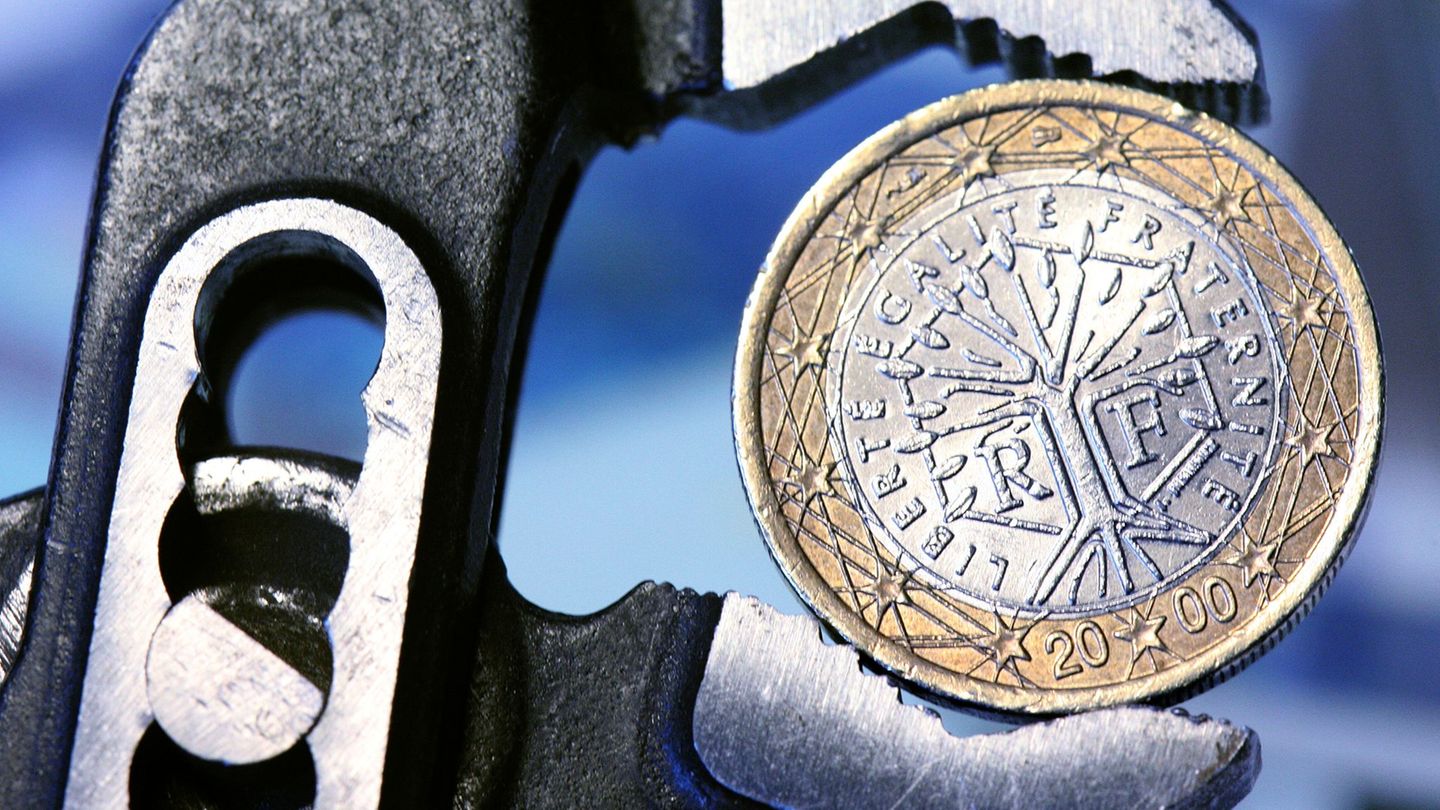They are considered to be the pacesetters of the modern technology world and can be found almost everywhere today: semiconductors. The corona pandemic has shown what happens when supply chains also fail with chips.
Bosch wants to invest three billion euros in its semiconductor business by 2026.
«We are preparing ourselves for an unabatedly growing demand for chips, also in the interest of our customers. For us, there is big business in the smallest components,” said Stefan Hartung, chairman of the Bosch board of management in Dresden on Wednesday. New semiconductor development centers are to be built in Reutlingen and Dresden for a total of more than 170 million euros.
No figures were given for the share of subsidies in the investment sum. All chip factories worldwide received funding, stressed Hartung. Without funding, the work in Dresden would not have come into being.
700 employees are the goal in Dresden
In Dresden, Bosch is investing 250 million euros in expanding the clean room area by 3,000 square meters in the coming year. The 300 millimeter production is to grow here. Bosch made its largest single investment to date in Dresden in 2021. Around one billion euros flowed into the plant. 350 people from 20 countries are currently employed in Dresden, and in the end there will be 700.
“Saxony was and is far ahead in semiconductor production because there was a kind of ecosystem here. The federal and state investments in the location did not happen somewhere in a vacuum, but were integrated into an existing network,” said Prime Minister Michael Kretschmer (CDU) of the German Press Agency.
Bosch is setting an important example for Saxony as a microelectronics location. «Silicon Saxony wants to continue to grow as a leading semiconductor location in Europe. It is important to expand production capacities in Saxony, Germany and throughout Europe in order to be able to act more independently of the world market.»
According to the industry association Silicon Saxony, the new development center in Dresden with around 100 employees will make the location attractive for top talent from all over the world.
Around 400 million euros will also flow into the expansion of production in Reutlingen by 2025. A new part of the building with an additional 3,600 square meters of clean room space is planned. Overall, the clean room area here is expected to grow from around 35,000 square meters at present to more than 44,000 square meters by the end of 2025. A completely new test center is planned in Penang (Malaysia). From 2023, finished semiconductor chips and sensors will be tested there.
With its investments in microelectronics, Bosch says it wants to open up new fields of innovation. These include so-called systems-on-chip. Among other things, this applies to radar sensors, such as those used for 360-degree detection of a vehicle’s surroundings, for example in automated driving.
Increasing the range of electric cars
Another focus is new semiconductor technologies. Since the end of 2021, silicon carbide chips (SiC) have been mass-produced in Reutlingen, which are used in the electronics of electric and hybrid cars. “With the help of these chips, the company has already been able to increase the range of electric cars by up to six percent,” it said. The demand for SiC chips is high and the order books are full.
“We are examining the development of chips for electromobility based on gallium nitride, like those already found in laptop and smartphone chargers,” said Hartung. For use in vehicles, these chips would have to be more robust and withstand significantly higher voltages than before.
According to Hartung, Bosch spent around 6.1 billion euros on research and development last year – almost eight percent of sales. This year it should be almost seven billion euros. 78,000 people are now employed in research and development.
Hartung included the investment in the “European Chips Act” program. This is intended to double Europe’s share of global chip production from the current ten percent. The Bosch boss spoke of a “super-ambitious goal”. The newly launched IPCEI Microelectronics and Communications Technology program (Important Project of Common European Interest on Microelectronics and Communication Technologies) is primarily intended to promote research and innovation.
Source: Stern
Jane Stock is a technology author, who has written for 24 Hours World. She writes about the latest in technology news and trends, and is always on the lookout for new and innovative ways to improve his audience’s experience.




